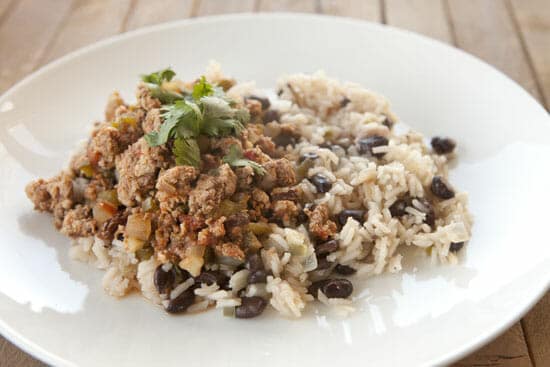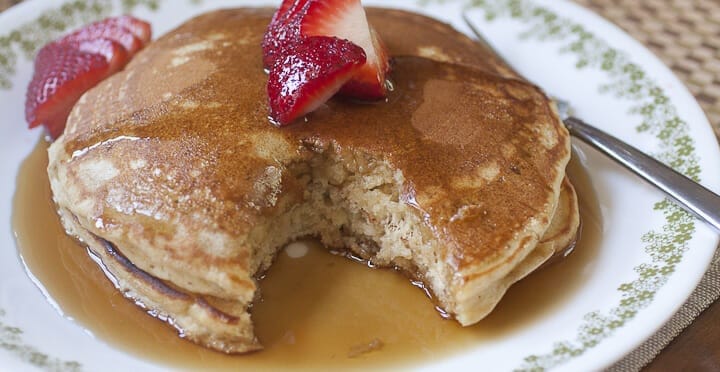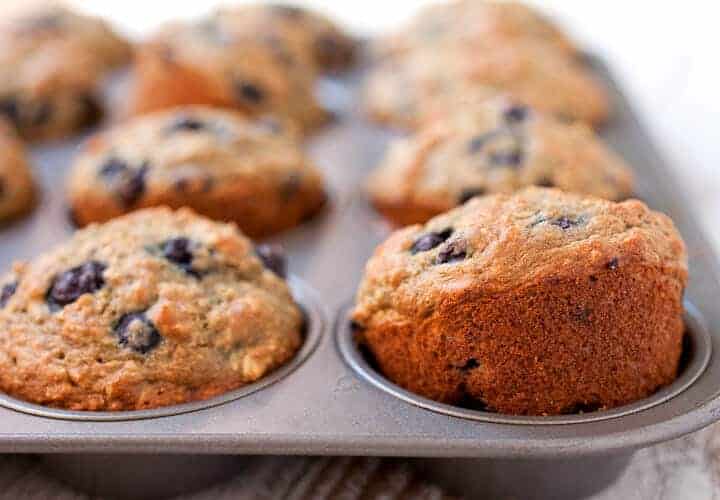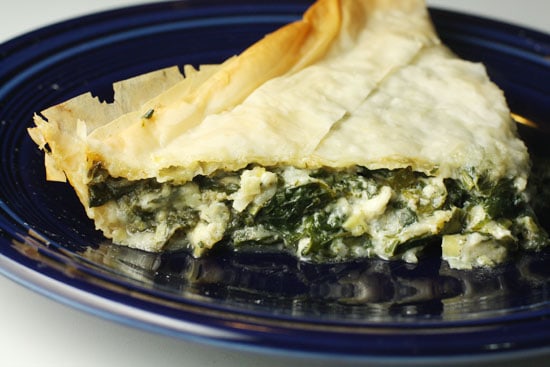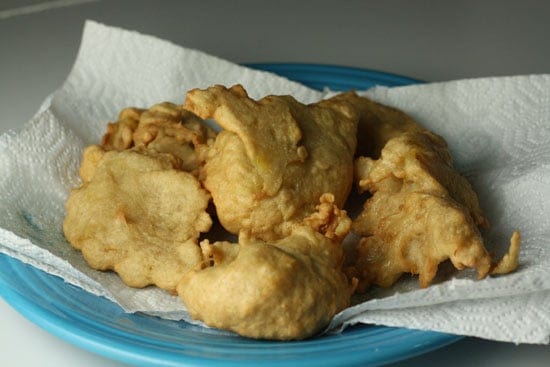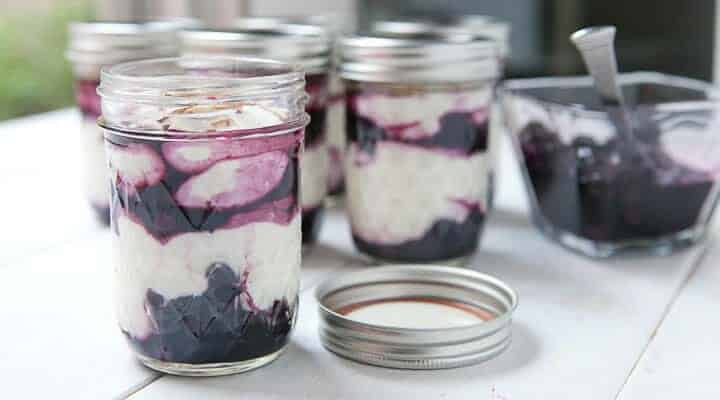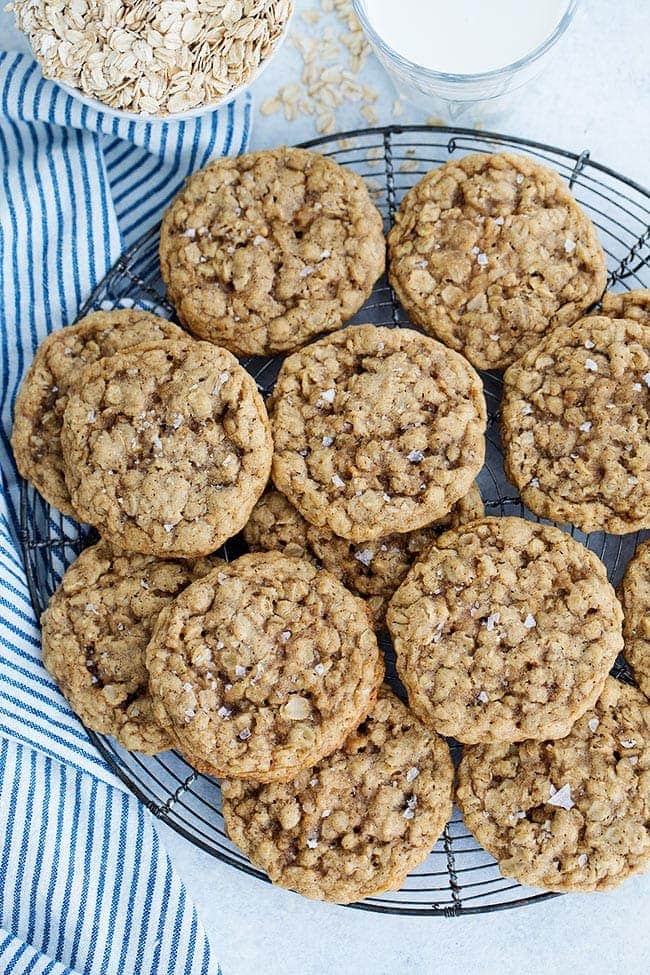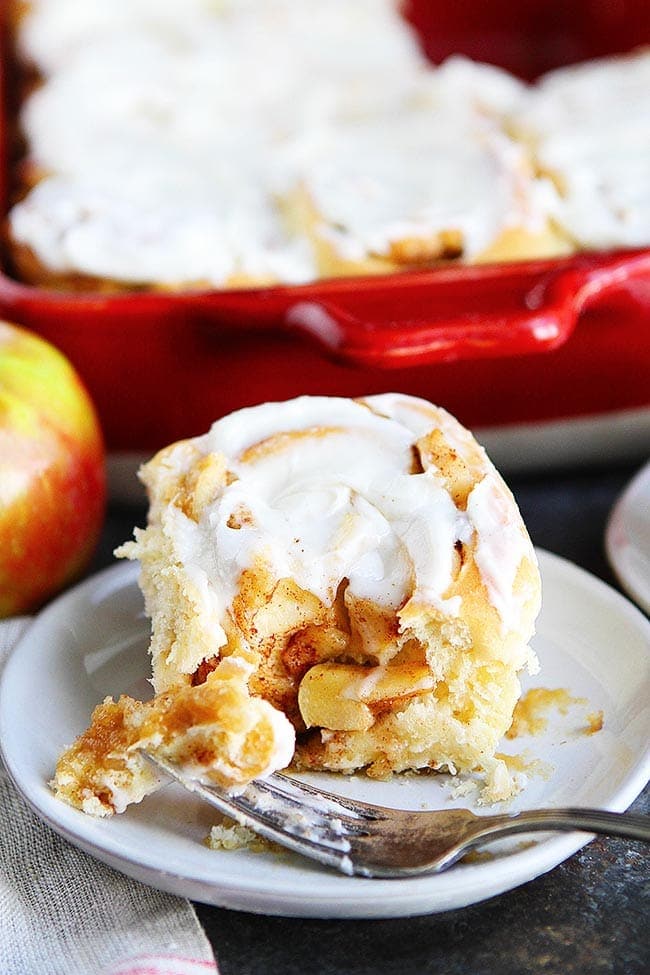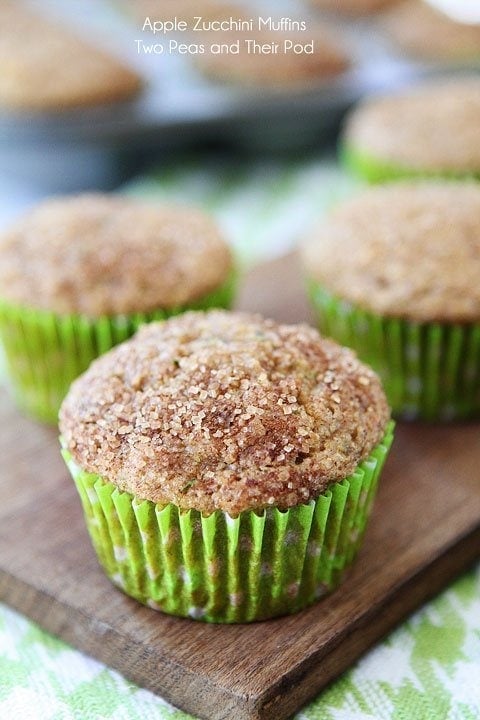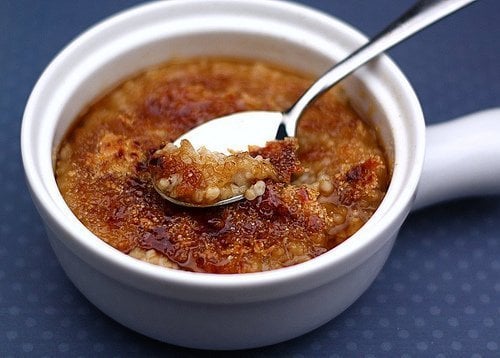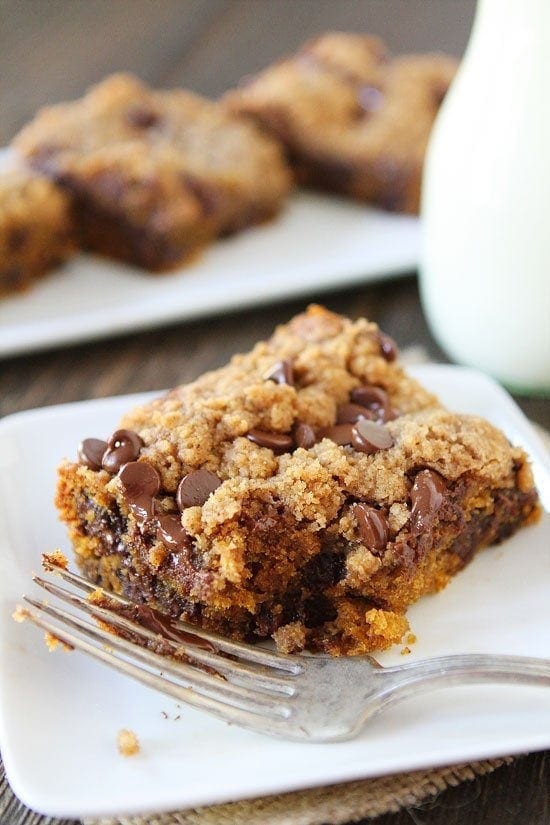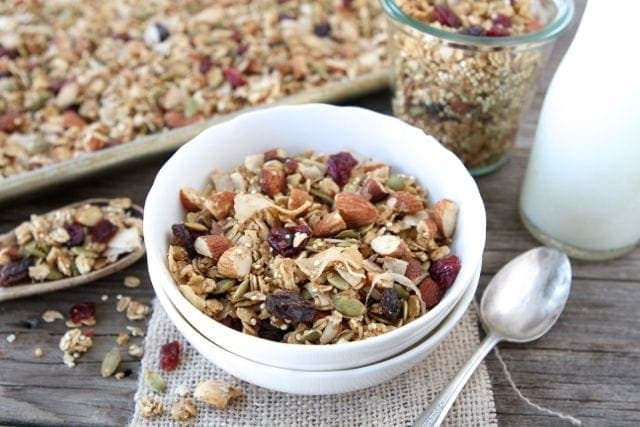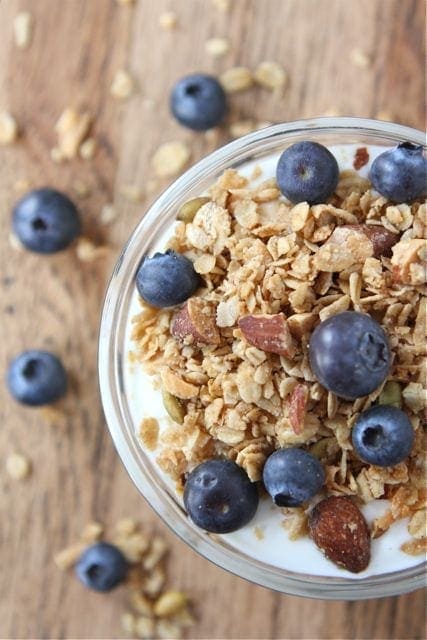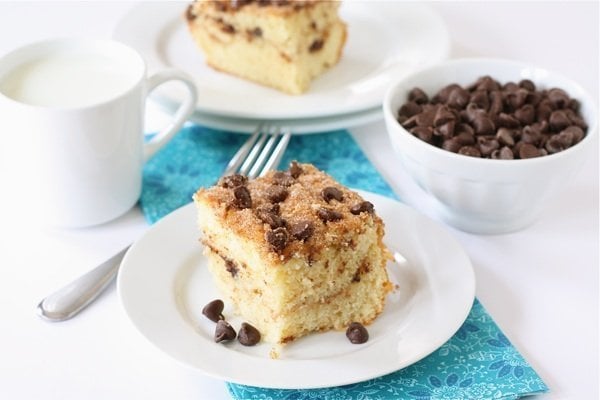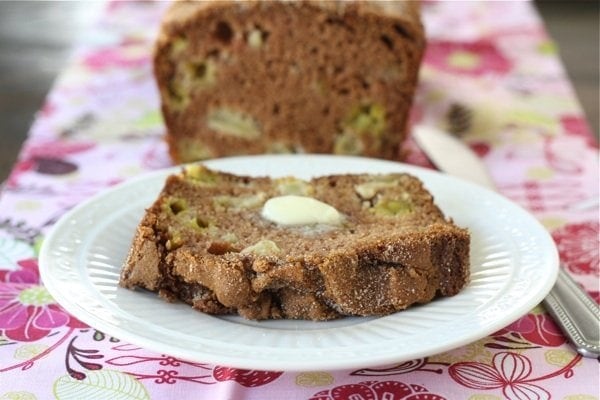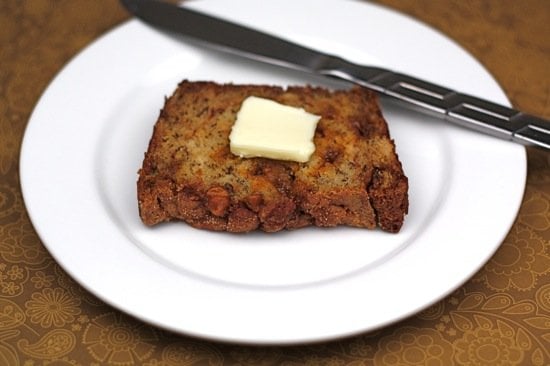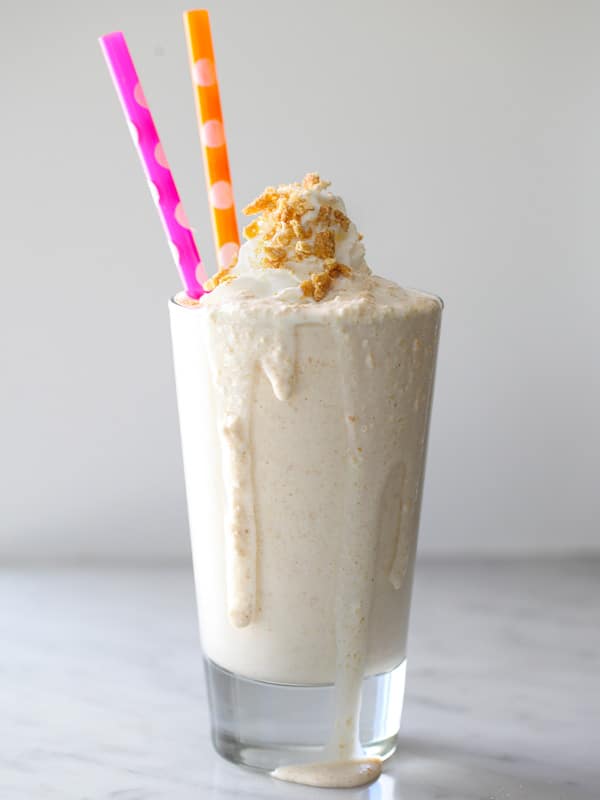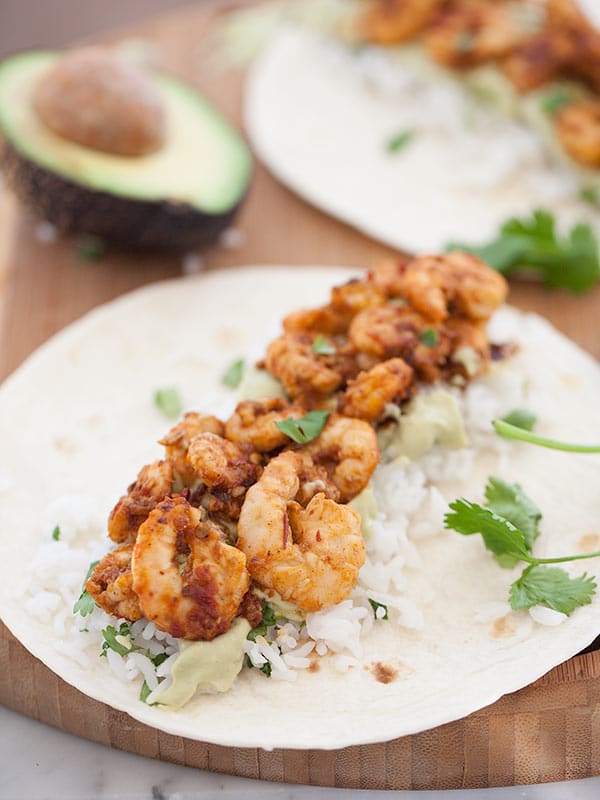Cinnamon: Important Facts, Health Benefits, and Recipes
Cinnamon is a popular spice known for its sweet and warm flavor profile, and it is often used in both sweet and savory dishes around the world.
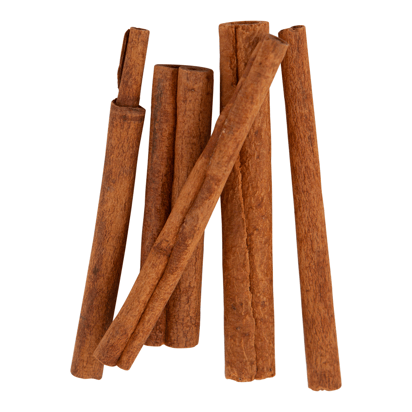
Nutritional Facts
1 tsp
Amount per serving
Calories
6.4
Carbohydrates
2.1 g
Fat
0 g
Protein
0.1 g
Saturated Fat
0 g
Sodium
0.3 mg
Fiber
1.4 g
Sugar
0.1 g
Best Cinnamon Recipes
-
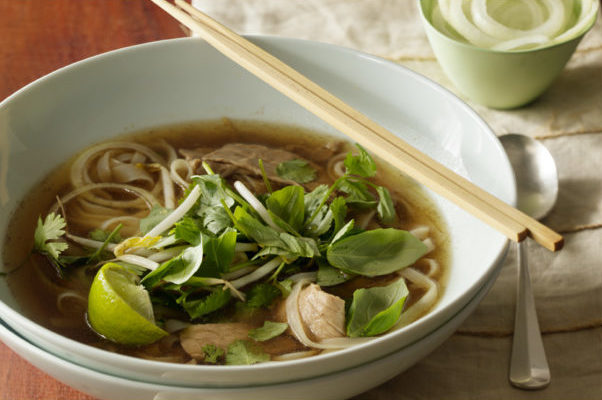
-
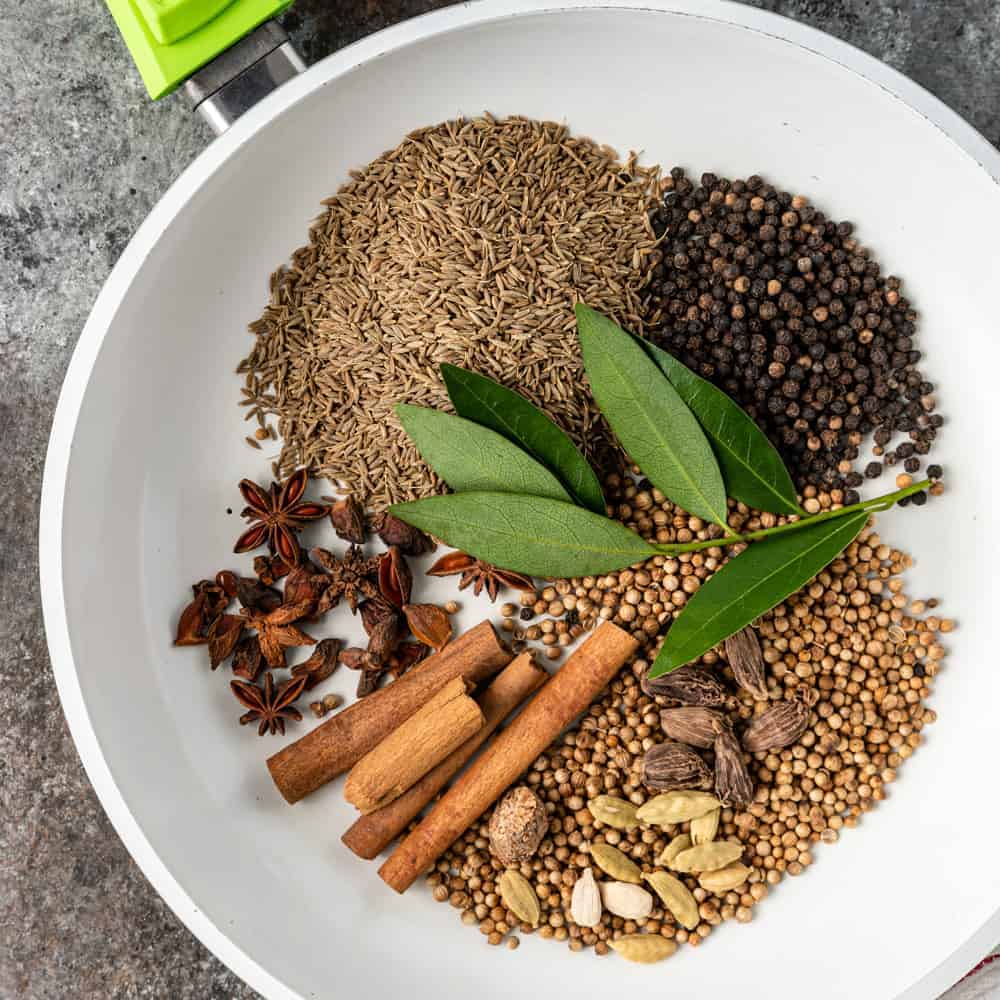
-
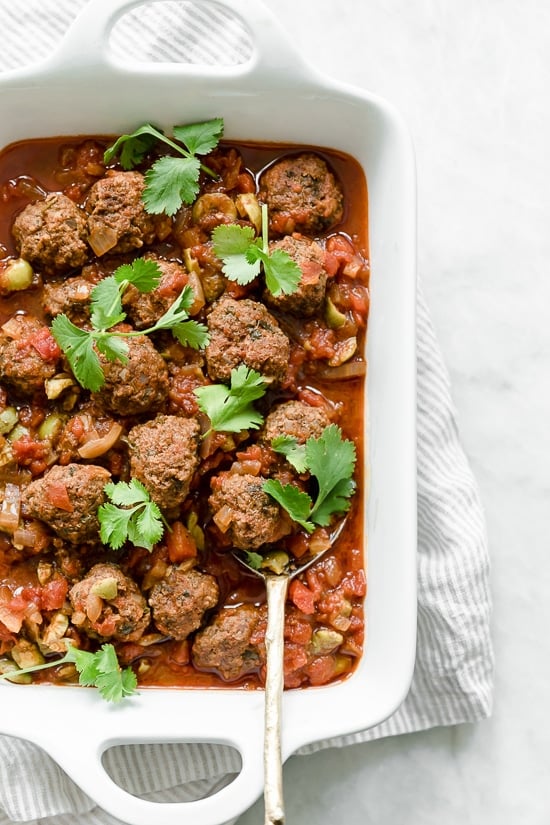
-

-
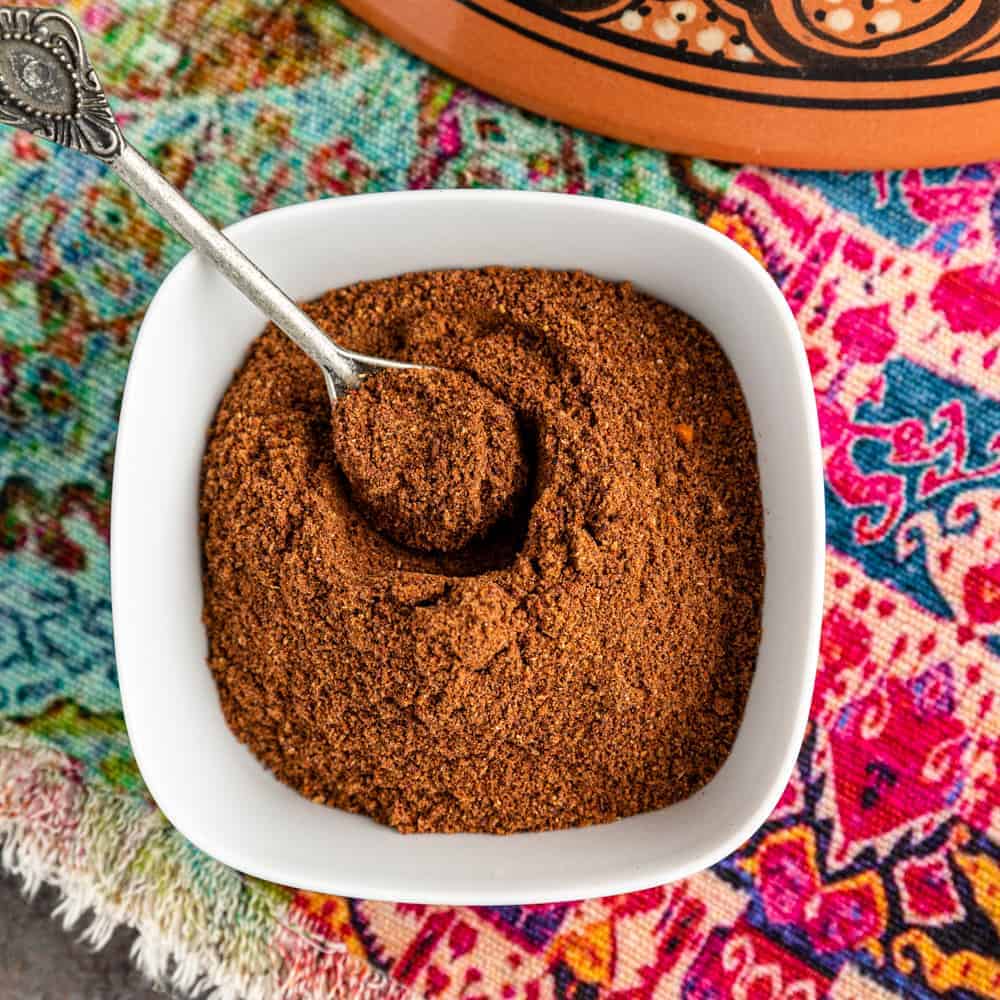
-
:max_bytes(150000):strip_icc()/__opt__aboutcom__coeus__resources__content_migration__serious_eats__seriouseats.com__recipes__images__2013__02__20130211-240221-cook-the-book-polish-country-house-barszcz-d12f18c9f3ec4c09950e3a3670b67d80.jpg)
-
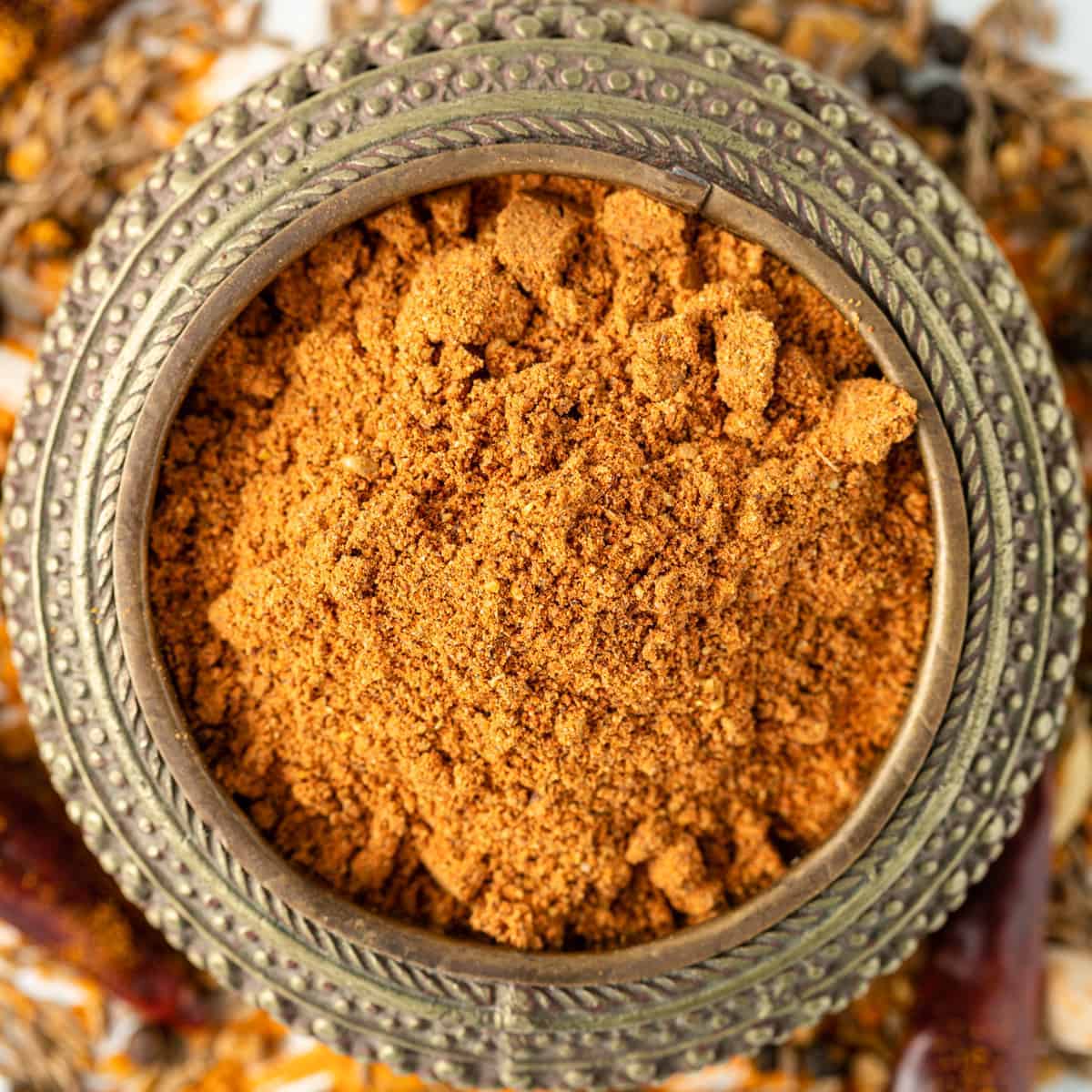
-
:max_bytes(150000):strip_icc()/Serious_Eats_Social_Default-72cf0bc11b434461b62c6ffc85b4298f.jpg)
-
![Middle-Eastern Baked Salmon Fillets Image]()
-
![Harira - Moroccan Lentil Soup Image]()
-
![Overnight Oats Image]()
-
![Moroccan Roasted Chicken Vegetables and Lentils Image]()
-
![Cinnamon Apple Energy Balls Image]()
-
![Cincinnati Chili Image]()
-
![Chai Spiced Coconut Milk Image]()
-
![Chinese Boiled Peanuts Recipe Image]()
-
![Apple Bacon Cinnamon Stuffing Image]()
-
![Traditional Mexican Atole with a Touch of Chocolate Image]()
-
![Cuban Picadillo Image]()
-
![Brown Banana Pancakes Image]()
-
![Oatmeal & Blueberry Muffins for Babies Image]()
-
![Chili Chocolate Chip Cookies Image]()
-
![Spanakopita: Two Ways Image]()
-
![Fried Bananas (Banana Fritters) Image]()
-
![Jameson French Toast Image]()
-
![Vanilla Cream Long Johns Image]()
-
![Basic Buttermilk Waffles Image]()
-
![Fruit on the Bottom (and Middle) Yogurt Jars Image]()
-
![Oatmeal Cookies Image]()
-
![Apple Cinnamon Rolls Image]()
-
![Apple Zucchini Muffins Image]()
-
![Steel Cut Oats Image]()
-
![Pumpkin Chocolate Chip Streusel Cake Image]()
-
![Crunchy Quinoa Granola Image]()
-
![Coconut Granola Image]()
-
![Mini Eggnog Doughnut Muffins Image]()
-
![Chocolate Zucchini Cupcakes Image]()
-
![Whole Wheat Kefir Pancakes with Blueberry Sauce Image]()
-
![Chocolate Chip Coffee Cake Image]()
-
![Rhubarb Apple Bread Image]()
-
![Leftover Cranberry Sauce Muffins Image]()
-
![Banana Cinnamon Chip Bread with Cinnamon Sugar Topping Image]()
-
![How to Make the Best Grilled Corn on the Cob Image]()
-
![Rhubarb and Raspberry Pie With Oatmeal Crumble Image]()
-
![Cinnamon Toast Crunch Milkshake Image]()
-
![Korean Pulled Pork Sandwiches with Caramel Apple Crumble Image]()
-
![Dessert Nachos with Strawberry, Mango and Avocado Salsa Image]()
-
![Chipotle Shrimp Burritos with Simple Avocado Crema Image]()



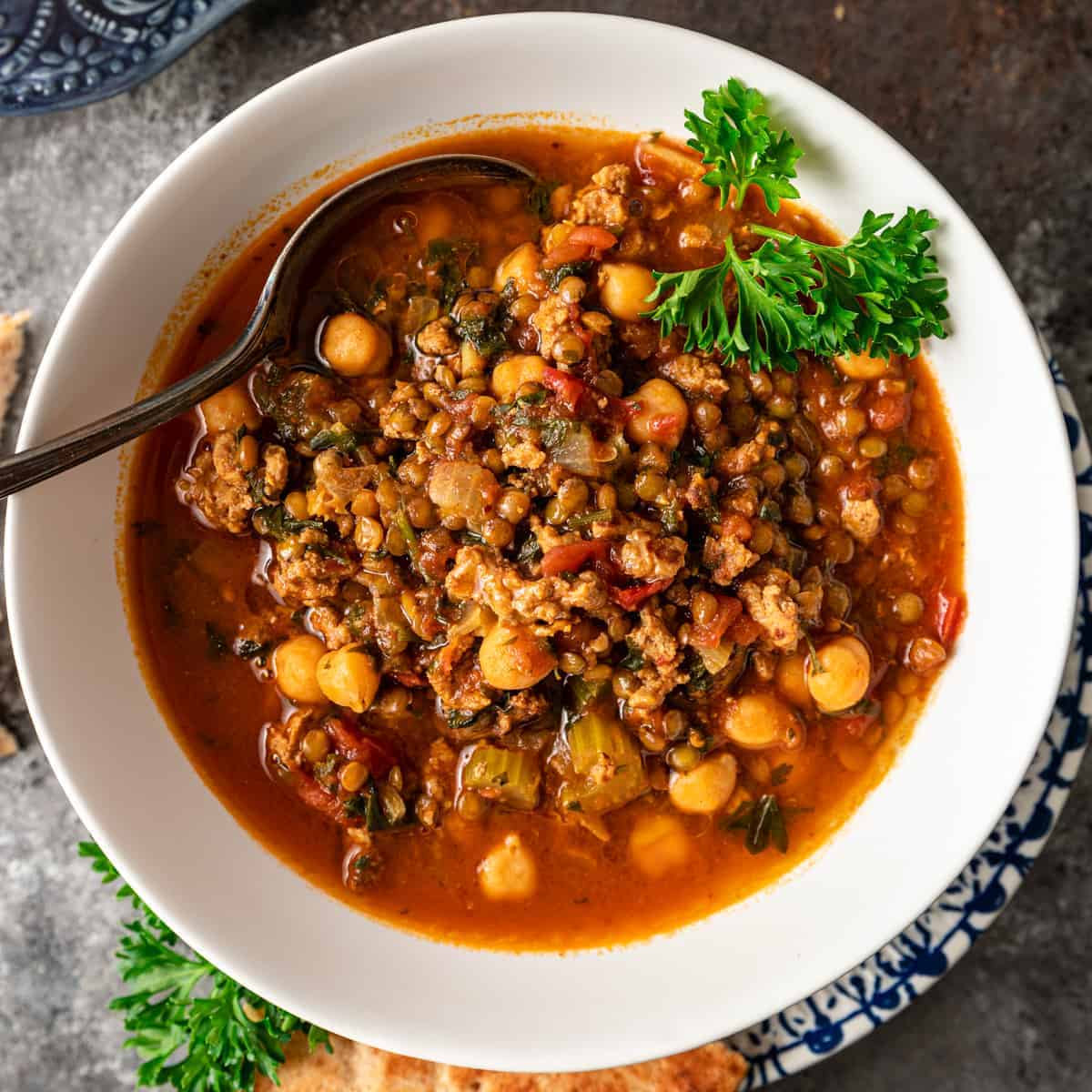


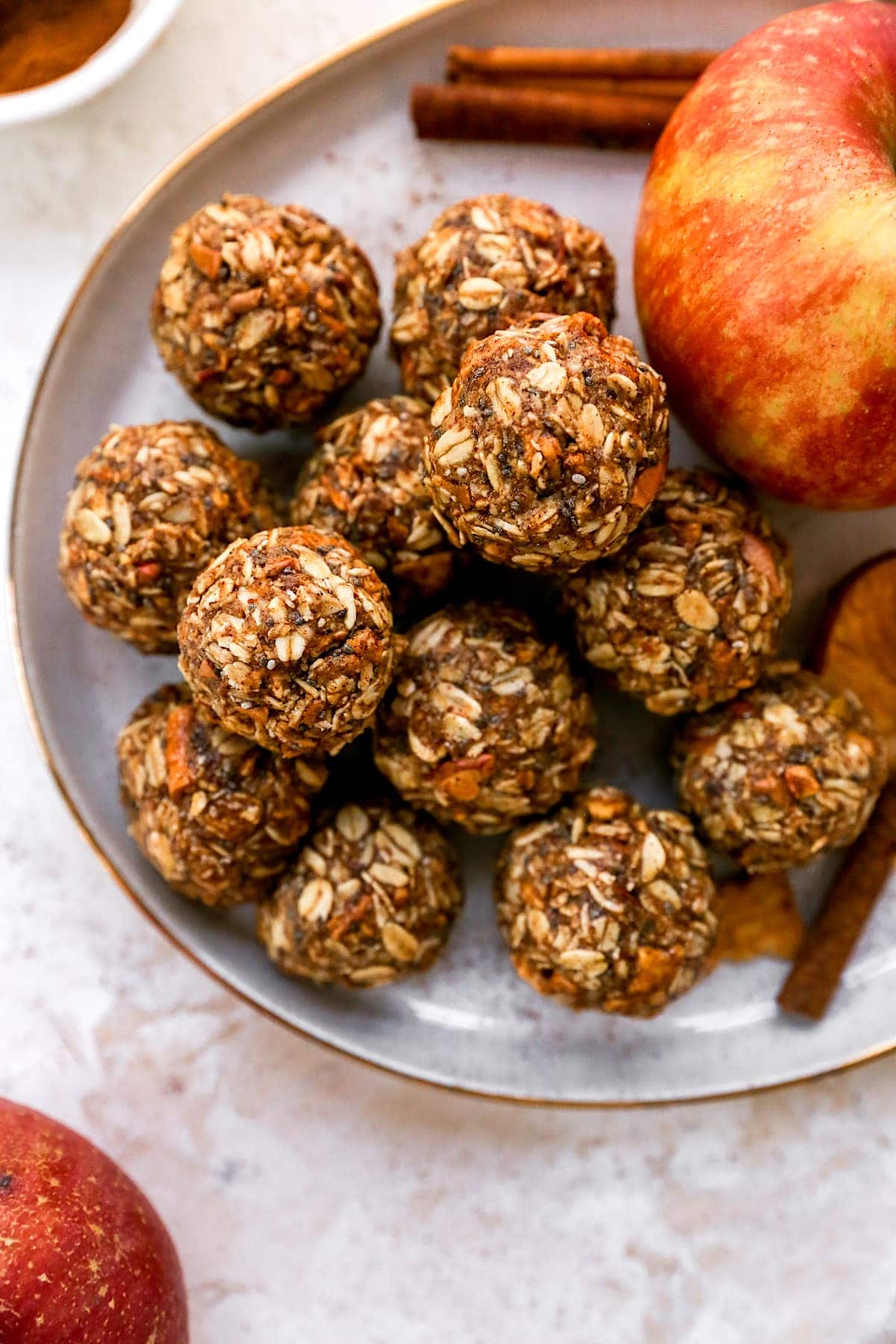


:max_bytes(150000):strip_icc()/__opt__aboutcom__coeus__resources__content_migration__serious_eats__seriouseats.com__recipes__images__20101203-boiledpeanuts1-610-720134ff6df24fcc822c24eef386cdd3.jpg)


